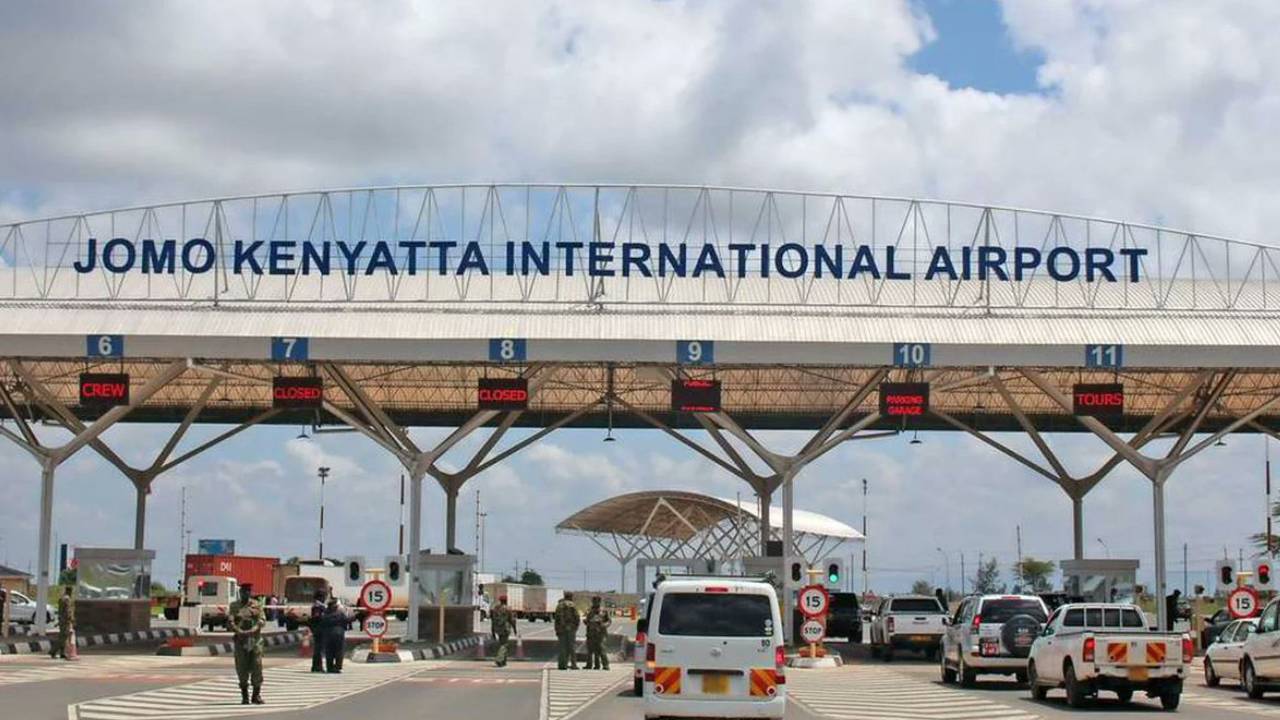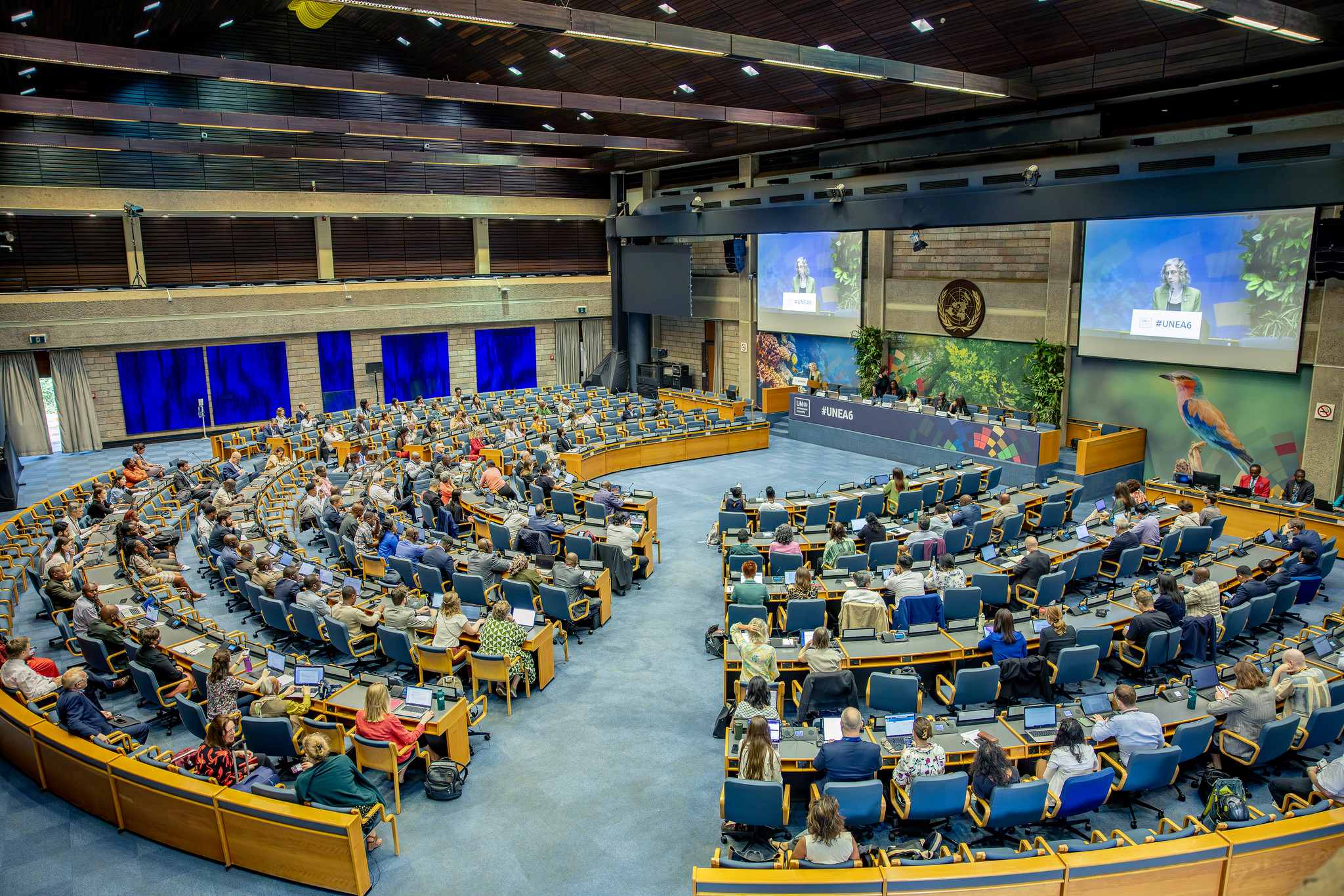Nairobi airlines summit champions collaborative efforts to drive Africa’s cargo trade

Stakeholders further emphasised that adopting such policies could help unlock substantial growth potential for the freight business.
More than 50 global and regional airlines have gathered in Nairobi for a three-day pivotal summit focused on advancing Africa's cargo trade.
Dubbed the ‘Air Cargo and Transport Logistics Africa Summit 2025’, the forum aims to establish key strategies and pathways to enhance collaboration between African airlines and their international counterparts, fostering greater trade opportunities.
More To Read
A major takeaway from many of the exhibitors on the launch day was the call for governments to prioritise open skies policies, which would allow for more seamless air connectivity and improved trade routes across the continent.
Stakeholders further emphasised that adopting such policies could help unlock substantial growth potential for the freight business.
The summit highlighted the potential for this collaboration to not only strengthen Africa's position in global cargo markets but also generate significant economic benefits, such as increased job creation for African nations.
Delegates at the forum noted that Africa's air cargo sector is experiencing unprecedented growth, driven by the operationalisation of the African Continental Free Trade Area (AfCFTA).
Considered the largest free trade agreement in the world, AfCFTA connects 1.3 billion people across 55 countries, with a combined GDP of $3.4 trillion.
It is expected to increase transport demand by 50 per cent and boost intra-African trade by 25 per cent, creating immense opportunities for the air cargo industry.
In 2024, Africa's air cargo traffic saw a six per cent year-on-year growth, with special cargo such as fresh produce, pharmaceuticals, and high-value goods accounting for 80 per cent of exports.
Jomo Kenyatta International Airport (JKIA), one of Africa's busiest cargo hubs, handled 112,000 tonnes of cargo in Q1 2024, further solidifying Kenya's pivotal role in driving logistics efficiency and trade growth across the continent.
Speaking during the summit, Kenya Airways CEO Allan Kilavuka said that for Africa, air cargo is not just about trade but also about economic transformation.
"It connects farmers to markets, entrepreneurs to opportunities, and industries to global supply chains. This is why we, at Kenya Airways Cargo, remain committed to strengthening intra-African trade, deepening connectivity, and providing seamless logistics solutions to businesses worldwide," Kilavuka said.
"Kenya Airways continues to expand and modernise its operations. With 54 destinations worldwide—41 of which are in Africa—and a fleet of 36 modern aircraft, we are uniquely positioned to drive efficiency and innovation in air cargo."
To further its operations, Kilavuka hinted at the national carrier adding two more cargo planes to its fleet in a bid to tap into the vast cargo business opportunity.
Addressing some of the challenges the freight business faces, Kilavuka advocated for improved infrastructure and regulatory frameworks to enable seamless air cargo operations, and he emphasised leveraging digital innovations to enhance efficiency and customer experience.
Nevertheless, he called for stronger partnerships between airlines, logistics companies, and governments to unlock Africa's full trade potential.
On his part, Kenya Airports Authority Board Chairman Caleb Kositany said that Kenya is on course to boost cargo exports to landlocked countries with the development of sea-air special terminals at Mombasa International Airport.
He noted that the Authority is in advanced stages of rolling out the development of these terminals.
The terminals will seek to convert inbound sea freight to airfreight for distribution to landlocked neighbours within a few hours, improving trade and efficiency in the cargo sector.
Top Stories Today


















